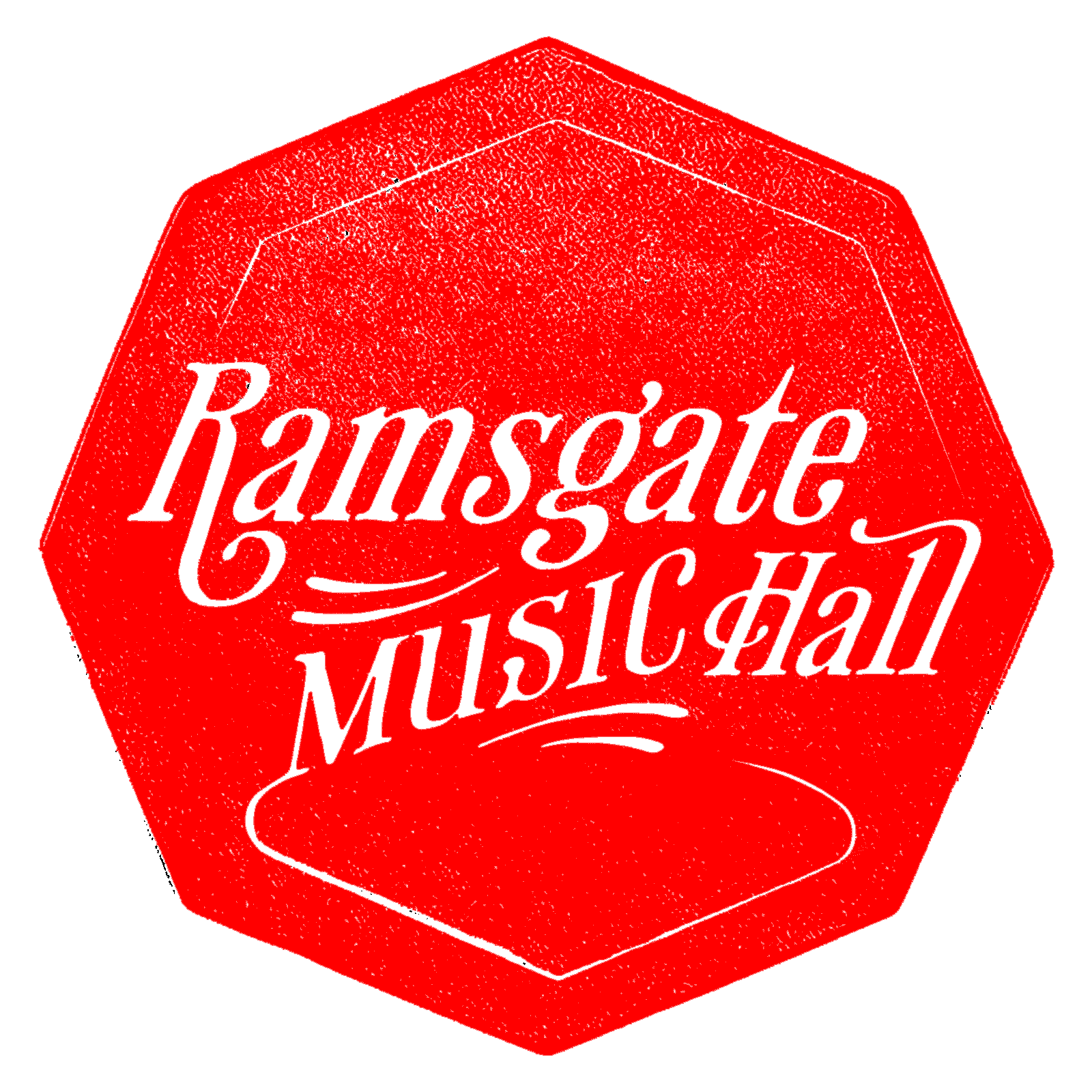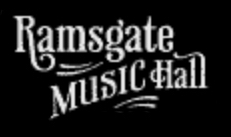We’re delighted to welcome one of the most exciting punk acts on the scene right now: Priests are bringing the fire to Ramsgate on November 3rd!
First heralded as post-punk heroes, Priests are now much more than that: They’re post-genre saviours bringing vital discourse and sharp observations to the table, still preaching the punk gospel along the way.
“Both poppy and heady, intelligent and reckless, and sometimes bordering on absurdist… Priests are punk’s resident anthropologists” – Paste Magazine
What is at stake in the seduction of Kansas? Like a gavel or hammer, the question rattles across the second LP from Washington, D.C. rock iconoclasts Priests: The Seduction of Kansas. Seduction evokes pleasure, sex. Divorced from romance, seduction is a tactic of manipulation, a ploy in the politics of persuasion. Kansas is a compass. The title—like Priests—is a moving target, probing questions about the realities and mythologies of America in 2019 without giving in to easy answers.
Entering their eighth year as a band, Priests—Daniele, vocalist Katie Alice Greer, and guitarist G.L. Jaguar—remain an inspired anomaly in modern music. A band on its own label, Sister Polygon Records—jolting the greater music world with early releases by Downtown Boys, Snail Mail, Sneaks, and Gauche—they are living proof that it is still possible to work on one’s own terms, to collectively cultivate one’s own world. Bred in punk, Priests play rock’n’roll that is as intellectually sharp as it is focused on pop’s thrilling pleasure centers, that is topical without sloganeering.
With nothing to lose, Priests took risks with their new recoed: leaning into a realm of greater poetic license, of surrealism, menace, and pleasure. Jaguar reimagined his guitar playing, inspired by Bowie’s Berlin trilogy and his late-1970s guitarists like Carlos Alomar, Adrian Belew, and Robert Fripp. Greer embraced lyrics “that felt intuitively fun and good” and tried to shed anxieties about being misunderstood. Daniele moved towards more easeful rhythms, contributes a spoken-word interlude, and sings three songs. Meditating on the U.S., they arrived at sinister themes, sketching out characters who acknowledge their power over others, and questioning (sometimes by virtue of ignoring) why it sometimes feels good to be bad.
“A rich diorama of stinging guitar, funk, yearning indie pop, and jazz; there hasn’t been a punk debut this certain and poised since Savages’ Silence Yourself” – Pitchfork
“Priests ride a doom-surf squall into the darkest depths of human fucked-up-ness” – Rolling Stone



